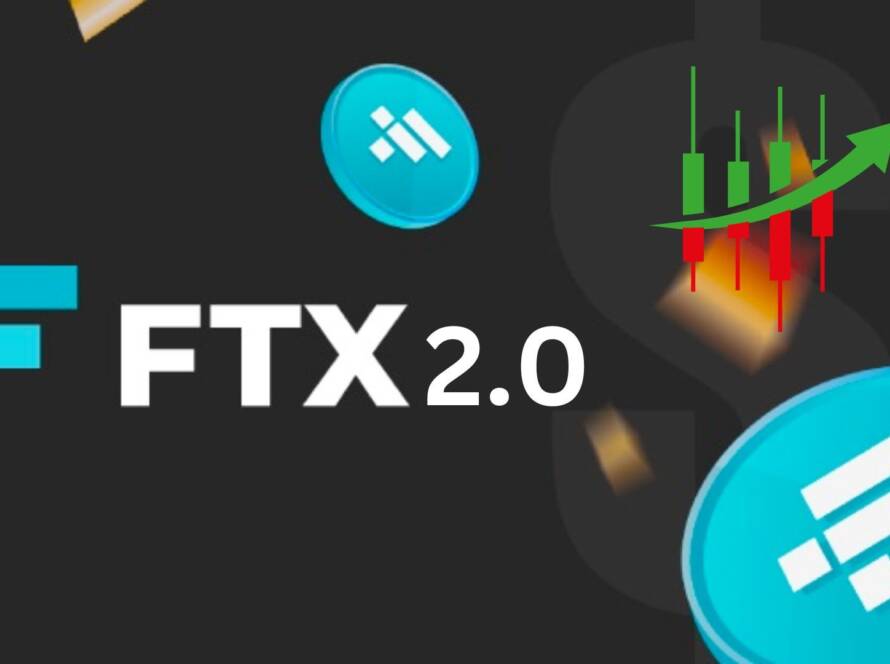The government is considering tapping the Bank of England (BoE) to oversee stablecoins alongside the Financial Conduct Authority (FCA)
The UK Treasury has released its consultation paper on how they intend regulating stablecoins.
The paper highlights how the Treasury intends to co-supervise with the Bank of England.
UK Treasury to work with Bank of England on stablecoins
The UK Treasury has published the report of its consultation about payment regulation and the “systemic perimeter.”
The 40-page consultation response focused on the broader issues regarding financial regulation, but stablecoins were one of the issues it highlighted.
The paper indicates that there would be a change in the balance between the powers of the Bank Of England (BoE) and the Financial Conduct Authority (FCA), with more powers given to the BoE.
In 2022, Her (now His) Royal Majesty’s government opened a consultation titled “Payments Regulation and the Systemic Perimeter” in order to solicit market suggestions for changing the BoE payments perimeter in light of the evolving risks to financial stability. The respondents included PayPal, HSBC UK, Circle, and Barclays.
The conclusion of the paper outlines various regulations for what are referred to as “systemically important stablecoins.” The major lesson is that the BoE and FCA will work together to ensure the co-supervision of stablecoins on behalf of the government.
Read more: MiCA published in EU official journal, marking the start of a new regulatory era
Multiple regulators = chaos
Much like the issues with the US Securities and Exchange Commission and other regulators, the UK Treasury is avoiding the possibility of multiple regulators on the same matter.
The Bank of England (BoE) and the (Financial Conduct Authority (FCA) both have a part in overseeing systemic stablecoins and other systemic entities. In general, the central bank is in charge of risks or prudential issues, whereas the FCA is in charge of conduct. The Bank is in charge in the event of insolvency. Systemic stablecoins have already successfully used this strategy.
But when their roles overlap, one of them is to switch off their powers. The respondents to the consultation argue that this may be confusing to new market entrants.
The UK Treasury noted that the Banking Act of 2009 already gave powers to the BoE to regulate stablecoins but it will further clarify to what extent these functions may apply.
“A clear majority agreed with the government’s principles to reforming this perimeter to ensure that the Bank’s capacity to mitigate acute financial stability risks kept pace with the evolution of the payments sector at large,” the UK government said.
According to the paper, the BoE would be given power to prevent the FCA from taking action against entities recognized as systemic, “if it were to give rise to financial stability concerns.”
The government noted that it will ensure that the BoE gives details of how it intends to regulate new technologies, but this won’t apply to entities that it all already supervises.
A systemic stablecoin regime can now be established by the BoE thanks to the Financial Services and Markets Act 2023, which was just enacted into law. The BoE has said that it intends to publish its guidelines for systemic stablecoins later in 2023.

Disclaimer: CryptoPlug does not recommend that any cryptocurrency should be bought, sold, or held by you. Do conduct your own due diligence and consult your financial advisor before making any investment decisions.




